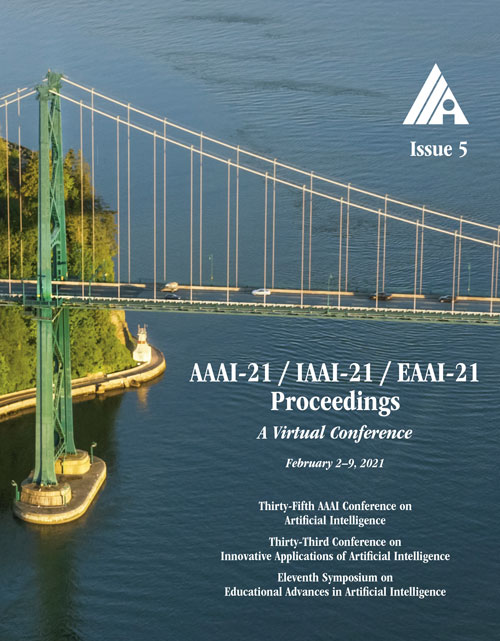Beyond Low-frequency Information in Graph Convolutional Networks
DOI:
https://doi.org/10.1609/aaai.v35i5.16514Keywords:
Graph Mining, Social Network Analysis & Community, Graph-based Machine Learning, Semi-Supervised LearningAbstract
Graph neural networks (GNNs) have been proven to be effective in various network-related tasks. Most existing GNNs usually exploit the low-frequency signals of node features, which gives rise to one fundamental question: is the low-frequency information all we need in the real world applications? In this paper, we first present an experimental investigation assessing the roles of low-frequency and high-frequency signals, where the results clearly show that exploring low-frequency signal only is distant from learning an effective node representation in different scenarios. How can we adaptively learn more information beyond low-frequency information in GNNs? A well-informed answer can help GNNs enhance the adaptability. We tackle this challenge and propose a novel Frequency Adaptation Graph Convolutional Networks (FAGCN) with a self-gating mechanism, which can adaptively integrate different signals in the process of message passing. For a deeper understanding, we theoretically analyze the roles of low-frequency signals and high-frequency signals on learning node representations, which further explains why FAGCN can perform well on different types of networks. Extensive experiments on six real-world networks validate that FAGCN not only alleviates the over-smoothing problem, but also has advantages over the state-of-the-arts.Downloads
Published
2021-05-18
How to Cite
Bo, D., Wang, X., Shi, C., & Shen, H. (2021). Beyond Low-frequency Information in Graph Convolutional Networks. Proceedings of the AAAI Conference on Artificial Intelligence, 35(5), 3950-3957. https://doi.org/10.1609/aaai.v35i5.16514
Issue
Section
AAAI Technical Track on Data Mining and Knowledge Management

